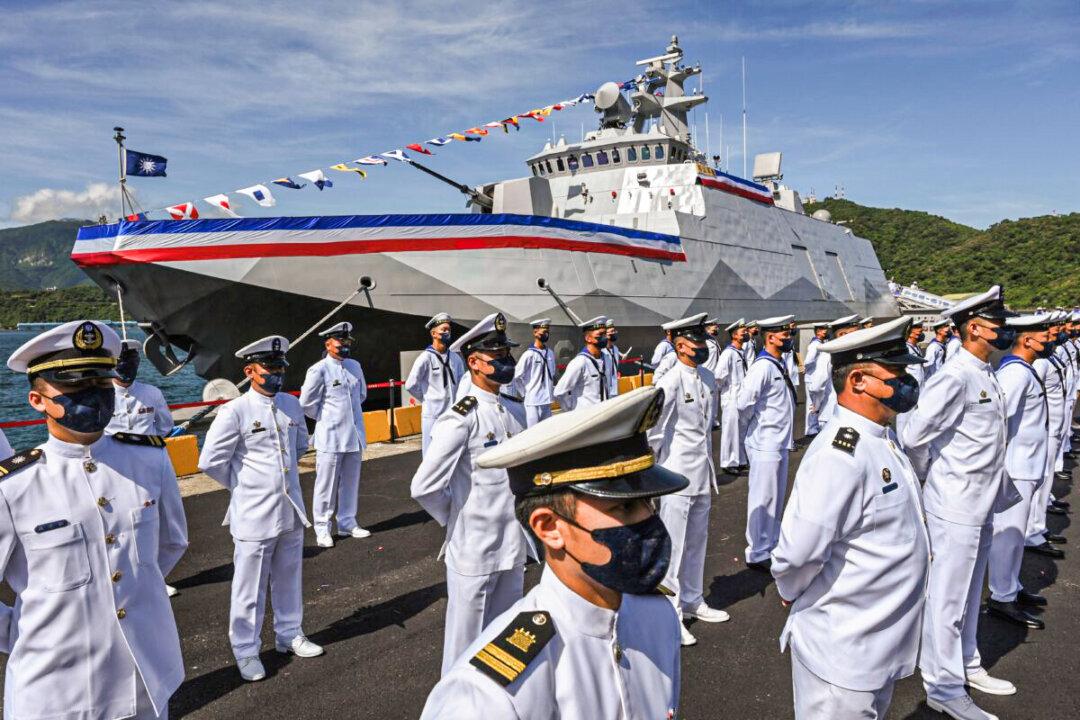TAIPEI, Taiwan—The United States has approved a potential $100 million sale of equipment and services to boost the island’s Patriot missile defense system, amid China’s increasing aggression against the self-ruled island.
The money would be used to “sustain, maintain, and improve” the missile defense system, the U.S. Defense Security Cooperation Agency (DSCA) said in a statement on Feb. 7.





